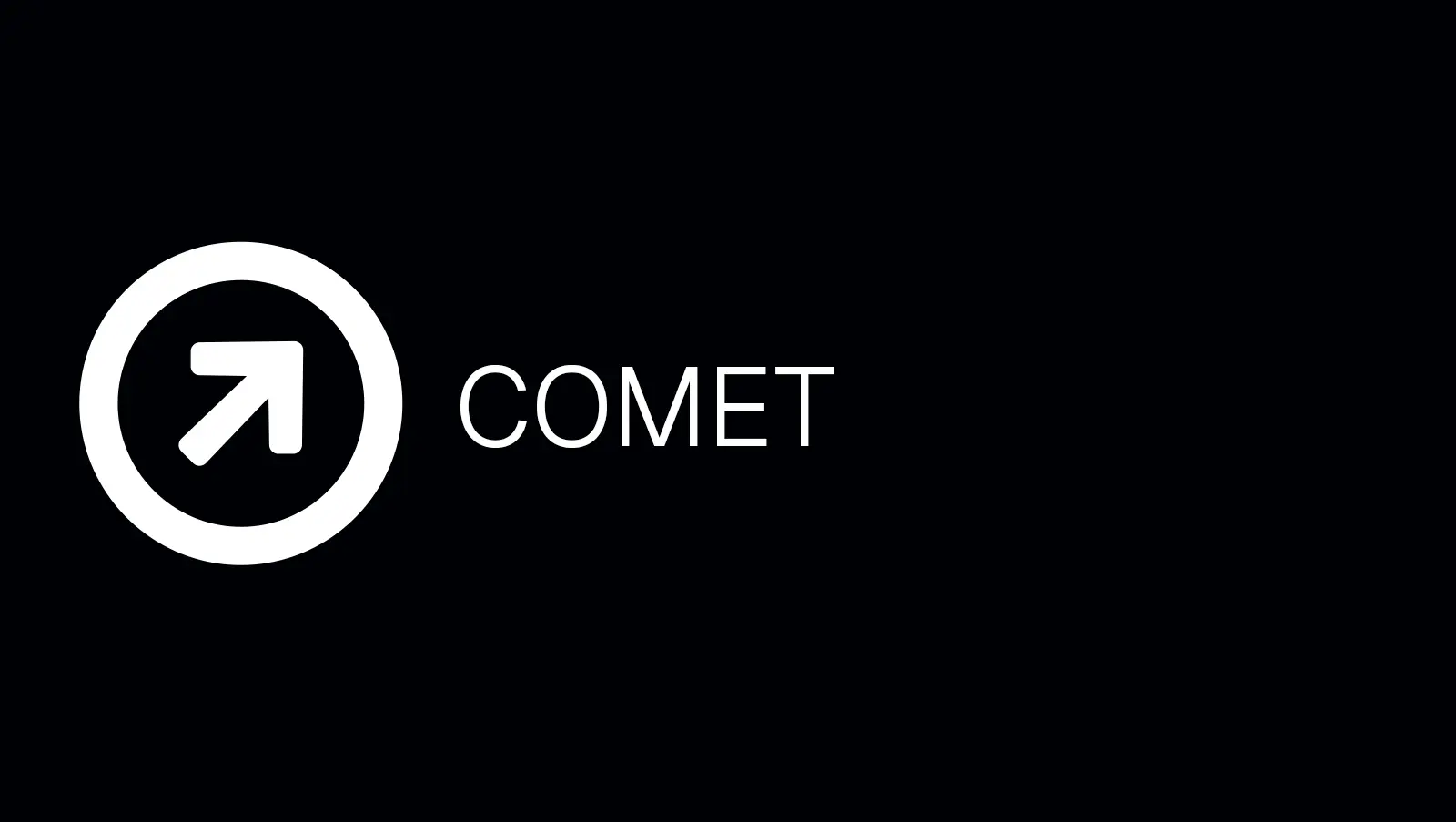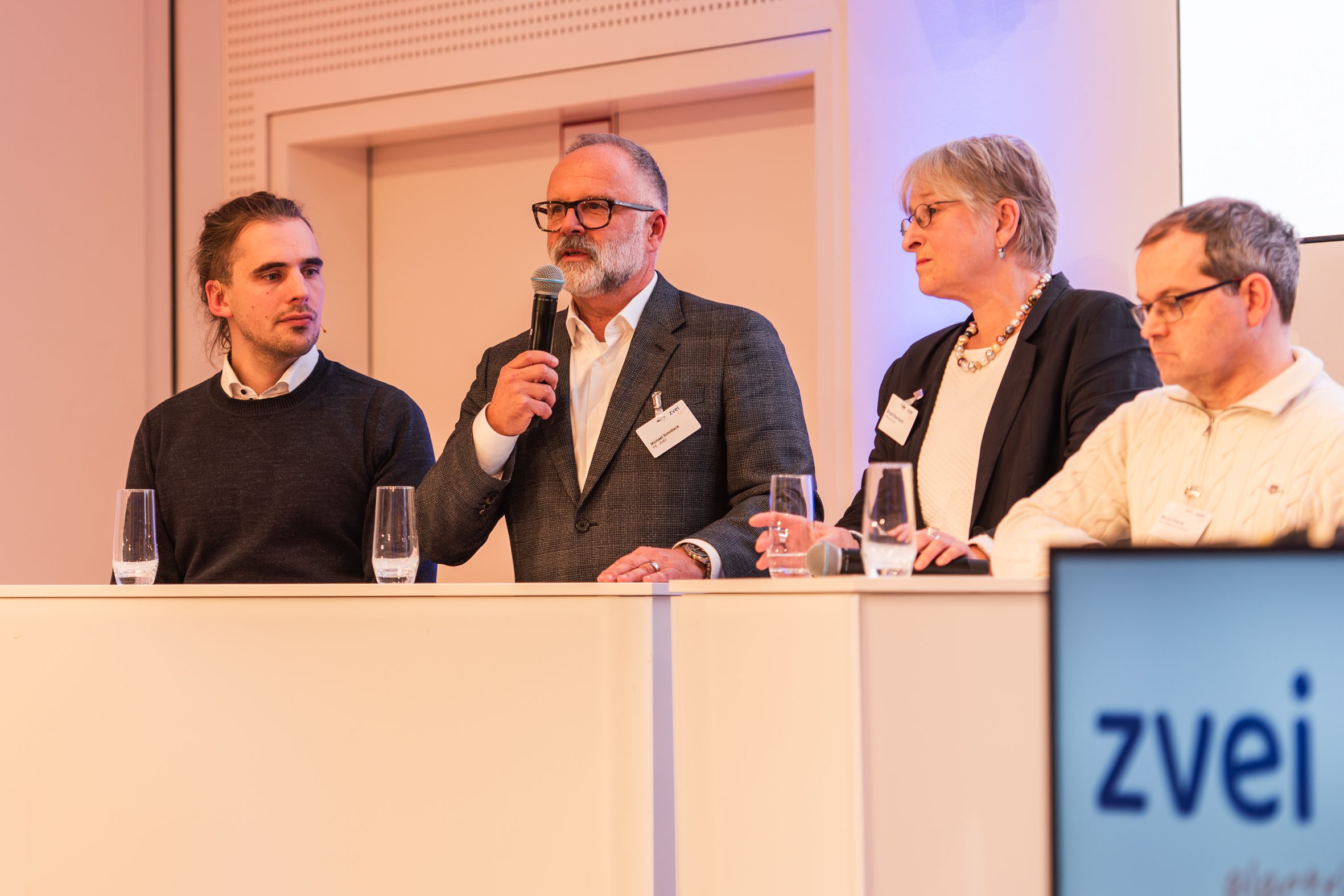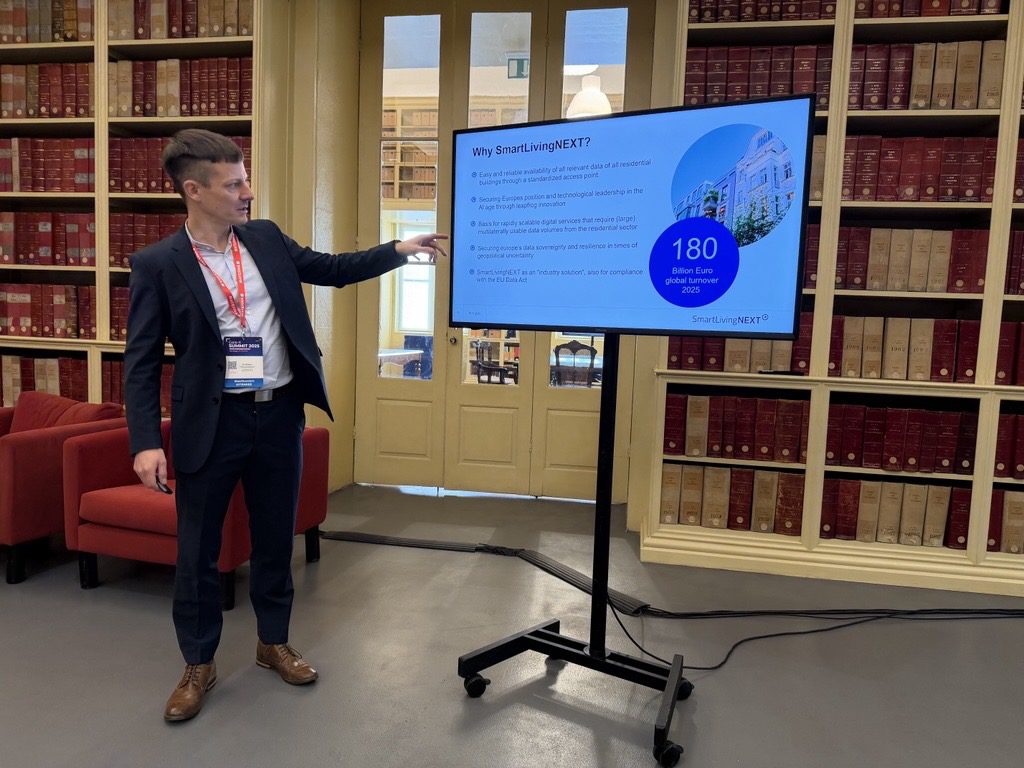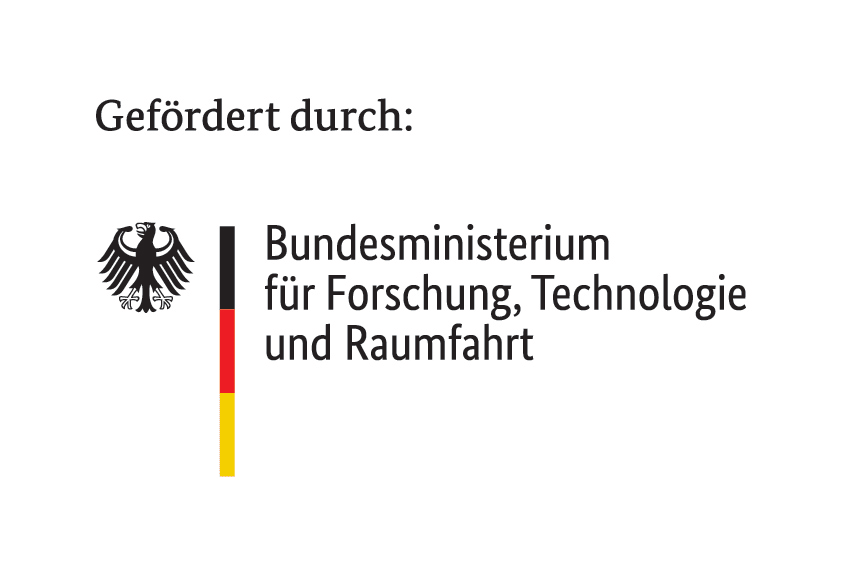The AI Act: SmartLivingNEXT as a blueprint for trustworthy AI in buildings and homes
23. September 2025
7 minutes
With the Artificial Intelligence Act (AI Act), the European Union has adopted a legal framework with the aim of promoting safe, trustworthy and human-centered artificial intelligence (AI) in Europe without hindering innovation. Based on a risk-based approach, the regulation came into force on August 1, 2024. For research projects such as SmartLivingNEXT, this means that an ethically sound user-centric approach is becoming a regulatory requirement and at the same time an opportunity for innovation.

Whether intelligent heating control, adaptive lighting control, predictive maintenance or the use of cheap electricity from renewable energies: AI applications in the field of smart living promise greater convenience, quality of life, safety, energy efficiency and sustainability. However, as soon as these systems make autonomous decisions or process personal data, they interfere with users’ everyday lives.
The AI Act is intended to regulate the use and development of AI in the EU in order to protect people’s fundamental rights. It also aims to promote the introduction of the technology, innovation and investment. The law follows a risk-based approach: the higher the risk of an AI system for safety, health or fundamental rights, the stricter the regulatory requirements. AI systems in the highest risk class are banned in Europe as “unacceptable”.
AI-based smart living applications must also be classified in one of the risk groups depending on the context. If they interact with critical infrastructures (KRITIS) or if there is a risk of discrimination against vulnerable groups, their risk must be assessed as high. As a consequence, such systems must in future have documented risk analyses, robust data quality and transparency mechanisms, human control options and comprehensive quality management.
The requirements are currently being operationalized via recognized standards. Standards such as ISO/IEC 42001 (AI management systems), ISO/IEC 23894 (risk management for AI) or ISO/IEC 24029 (bias detection) are already being finalized or applied and are supplemented by European standardization bodies such as CEN/CENELEC and OECD. “Standardization is the crucial link between the legal text and practical implementation,” explains Dr Sebastian Hallensleben, co-designer of European AI governance at CEN/CENELEC and OECD, among others, and Chief Trust Officer at resaro, a company that has set itself the task of testing AI applications. “If organizations and research projects like SmartLivingNEXT align themselves with these standards early on, they can create trust in a structured, verifiable and resilient manner.”
Not just thinking user-centricity, but proving it
“In the living environment, we are not talking about laboratory situations, but about people’s real lives,” emphasizes Birgid Eberhardt, Head of Research & Development at GSW Sigmaringen mbH and consortium partner in the SmartLivingNEXT project. “Here, trust, transparency and usability are not additional functions, but basic requirements. Many research projects focus heavily on technological innovation, but forget that acceptance and practicality of the solutions are crucial. Thinking about the user perspective from the start of the project right through to the end ensures that developed and researched AI applications can actually be used. This includes taking the criteria of the AI Act into account during development and creating non-discriminatory solutions.”
SmartLivingNEXT integrates living environments as an active part of AI development. Feedback from tenants is recorded in a structured manner, processed iteratively and documented transparently. This makes user-centricity a lived practice and at the same time a success factor for regulatory compliance. “We are rising to the challenge of combining technological development and everyday reality,” says Eberhardt. “Our tenants experience the systems in their everyday lives and need to feel safe, respected and included. This can only be achieved through the consistent consideration of ethical principles, the explainability of their results and compliance with legal requirements. It must also be ensured that accessibility is implemented in accordance with EU directives and federal laws so that all users can use the developed applications regardless of individual limitations. This is the only way to build trust in AI systems.” An important part of the project is therefore the development of a governance structure that integrates technical, legal and social aspects, which is expected to be completed this fall.
From research to market maturity
The AI Act is currently being transposed into national law in Germany, so now is the time to act. Research projects in particular lay the foundations for later market maturity and this requires compliance with regulatory requirements. Organizations that want to develop or use AI systems should therefore act now:
- Check and document your own risk situation.
- Actively involve users in requirements definitions and test procedures and make AI-based results explainable.
- Establish standards-based processes for transparency, fairness and security.
- Sensitize employees and partners to regulatory requirements.
- Seek cooperation with standardization bodies and associations.
“Those who start to align themselves with emerging standards now will become regulatory resilient and save resources in the long term,” recommends Dr. Hallensleben.
SmartLivingNEXT as a blueprint for trustworthy AI
For SmartLivingNEXT, which is developing new basic AI services for smart buildings, homes and energy use, among other things, the AI Act means a dual responsibility: on the one hand, the project must drive forward innovative technologies and, on the other, develop regulatory compliance and uphold ethical principles. One success factor lies in the interdisciplinary approach: from the technology to data protection and ethics perspectives, all aspects are integrated in close coordination with emerging standards. “SmartLivingNEXT can be a blueprint for how to understand AI development and compliance not as a contradiction, but as a creative space,” says Dr. Hallensleben. The research project shows how technology and trust can be created at the same time. Eberhardt: “The AI Act helps us to set the right compass. And not just technically, but also ethically and socially. If we as the housing industry ask the right questions today, we will not only be compliant tomorrow, but truly fit for the future.”
The AI Act demands a lot, but it also provides guidance and quality assurance. For research projects such as SmartLivingNEXT, this means that user-centricity is not just a regulatory imperative, but a driver of innovation. The AI Act is therefore not a hurdle, but a compass for responsible innovation.
Listen to the article (in German):
Editorial office:
Ilka
Klein
Category:
Flagship project
Copyright information
DesignRage (2508998717) shutterstock




